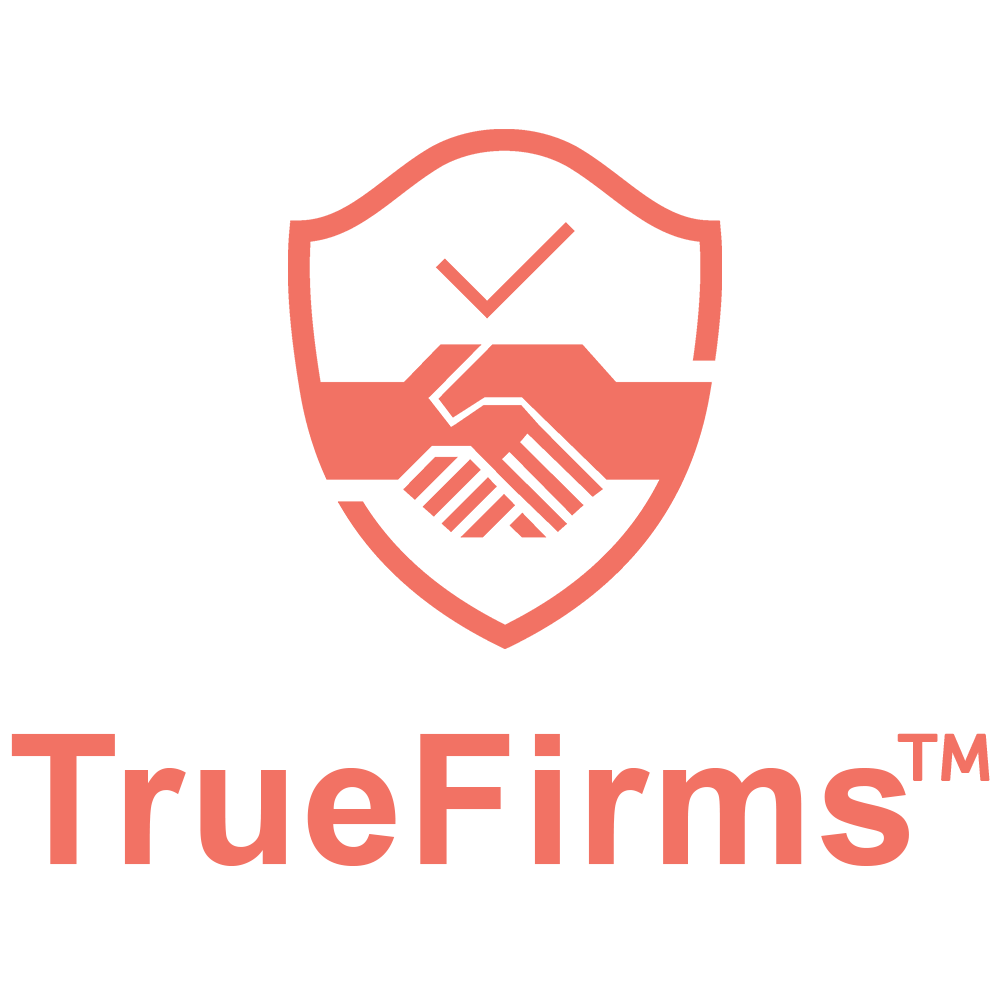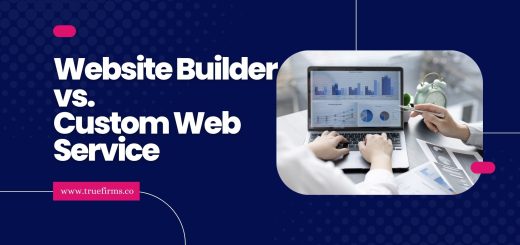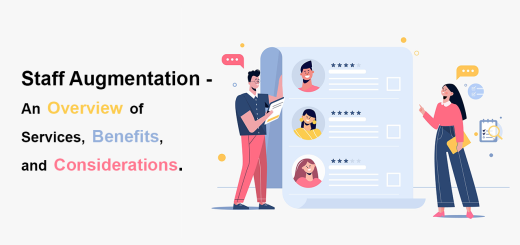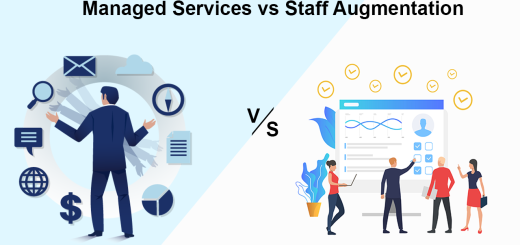Staff Augmentation vs. Consulting: What Are the Differences?
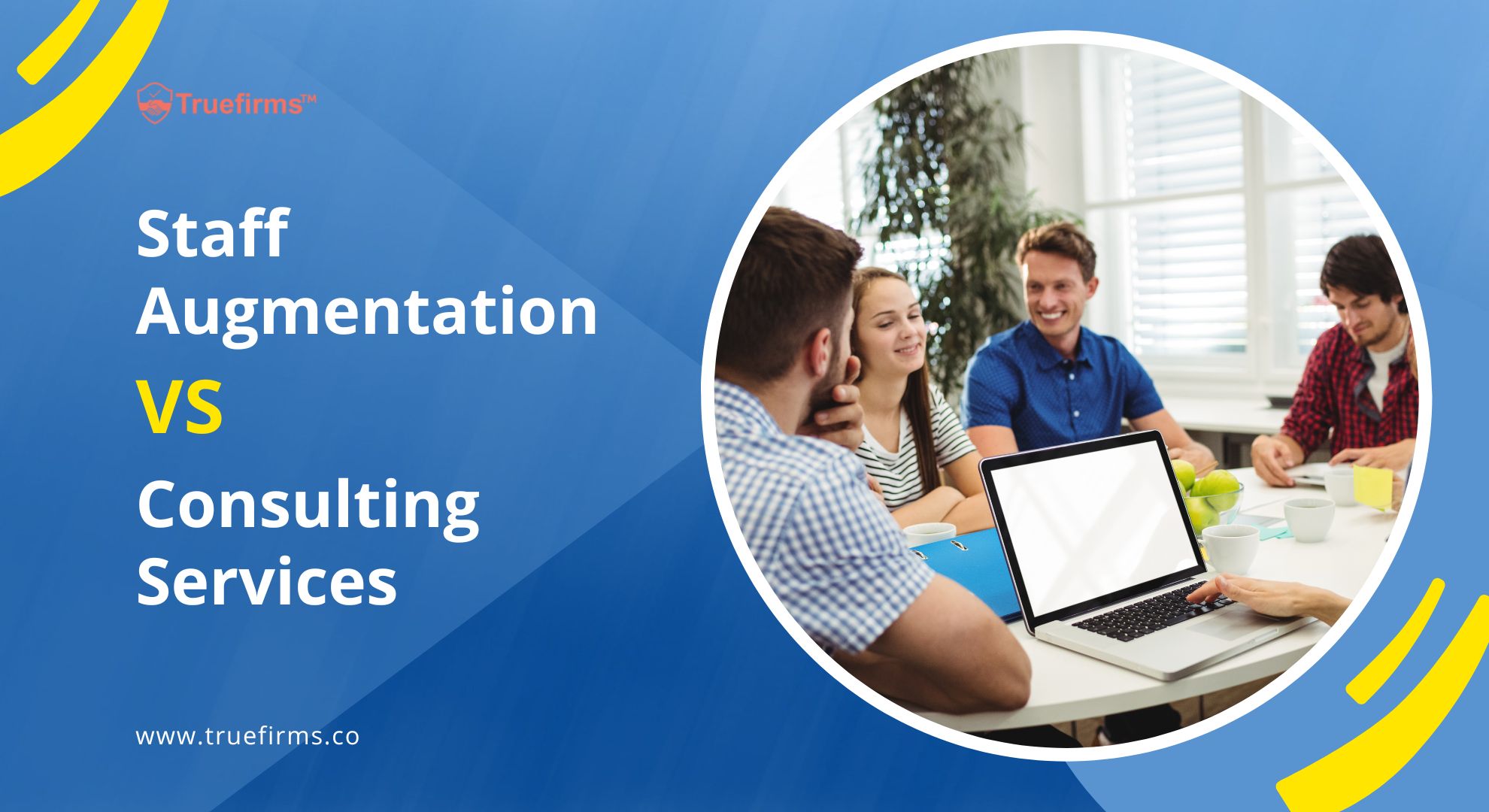
Companies frequently have to make the difficult choice between using consultancy services or staff augmentation in the quickly changing business environment. Both strategies address particular organizational demands and have special benefits. We’ll examine the differences between staff augmentation and consulting in this post to assist you in making a decision that supports your company’s goals.
Staff Augmentation: Enhancing In-House Capabilities
Staff augmentation involves supplementing your existing workforce with external professionals to meet specific project requirements or address skill gaps. Essentially, it’s an extension of your in-house team, allowing you to scale up or down as needed without the long-term commitment associated with hiring full-time employees.
One of the key benefits of staff augmentation is the ability to quickly onboard specialized talent, bringing in expertise that might not be readily available within your organization. This approach is particularly useful for short-term projects or when specific skills are required for a limited period of time.
For instance, if your development team is working on a new software project and lacks expertise in a particular programming language, staff augmentation enables you to hire a skilled developer for the duration of the project. Once the project is completed, you can seamlessly disengage the external professional.
However, it’s essential to carefully manage the integration of augmented staff to ensure effective collaboration and alignment with your organizational culture.
Consulting: Strategic Guidance and Expertise
Consulting, on the other hand, involves engaging external experts or firms to provide strategic guidance, offer insights, and address specific business challenges. Consultants are typically hired to analyze existing processes, identify areas for improvement, and implement solutions to drive organizational growth.
Unlike staff augmentation, consulting is not focused solely on providing additional hands for a specific project. Instead, it emphasizes a holistic approach to problem-solving and business optimization. Consultants often work closely with leadership teams to understand organizational goals, evaluate current practices, and recommend tailored strategies for improvement.
Consulting services are valuable when your company is undergoing significant transformations, such as entering new markets, restructuring, or implementing large-scale technology upgrades. Consultants bring an external perspective and a wealth of industry knowledge, helping you make informed decisions that align with your long-term objectives.
Choosing the Right Approach: It Depends on Your Needs
The decision between staff augmentation and consulting ultimately depends on your specific business needs and the nature of the project at hand. Consider the following factors when making this decision:
1. Project Scope and Duration: For short-term, project-specific needs, staff augmentation may be the ideal choice. For broader strategic initiatives or long-term transformations, consulting services are more appropriate.
2. Skill Requirements: If your organization lacks specific skills required for a project, staff augmentation allows you to quickly fill those gaps. Consulting, on the other hand, provides expertise and strategic guidance beyond technical skills.
3. Budget and Flexibility: Staff augmentation offers cost-effective solutions for short-term needs, as you only pay for the services required during the project. Consulting services may have a higher upfront cost but can provide long-term value through strategic planning and implementation.
In conclusion, while staff augmentation and consulting have different processes, they can also work in harmony. Using the two methods may be beneficial for some projects, allowing you to have the correct people on hand for immediate requirements while also getting strategic advice for long-term success.
Understanding the differences between staff augmentation and consulting will enable you to make well-informed decisions that boost the success of your company in 2024 as businesses continue to change.
Read More
The Future of (AI)Artificial Intelligence: How AI Is Changing the World in 2024
